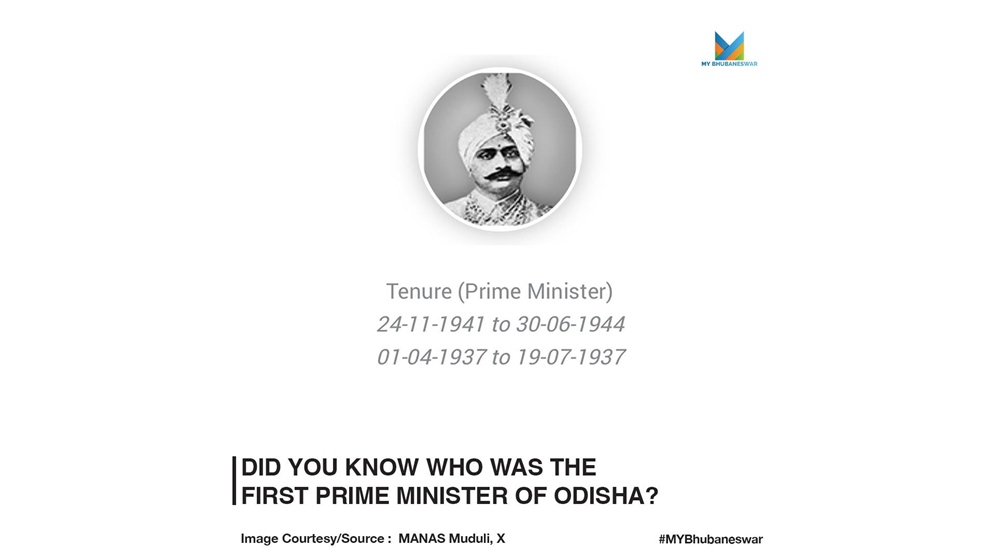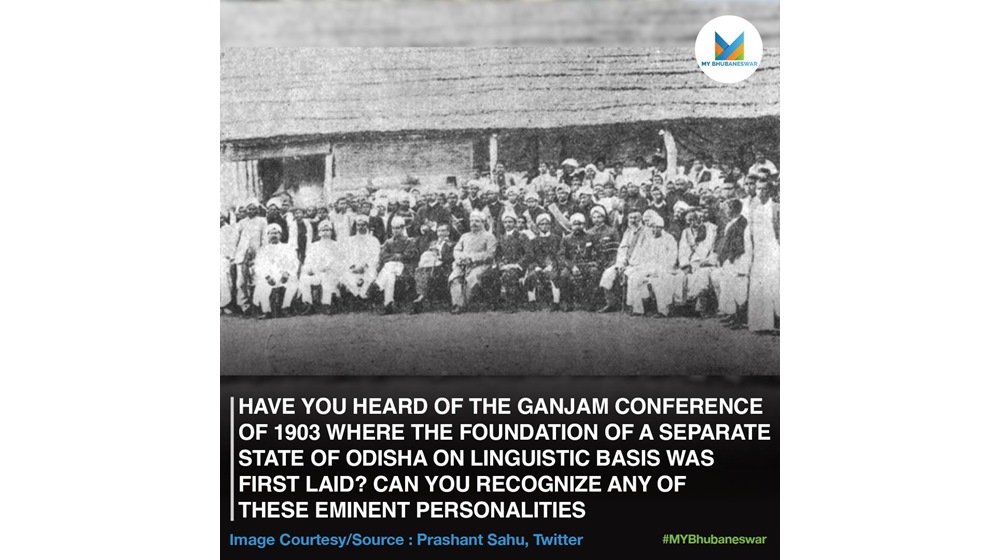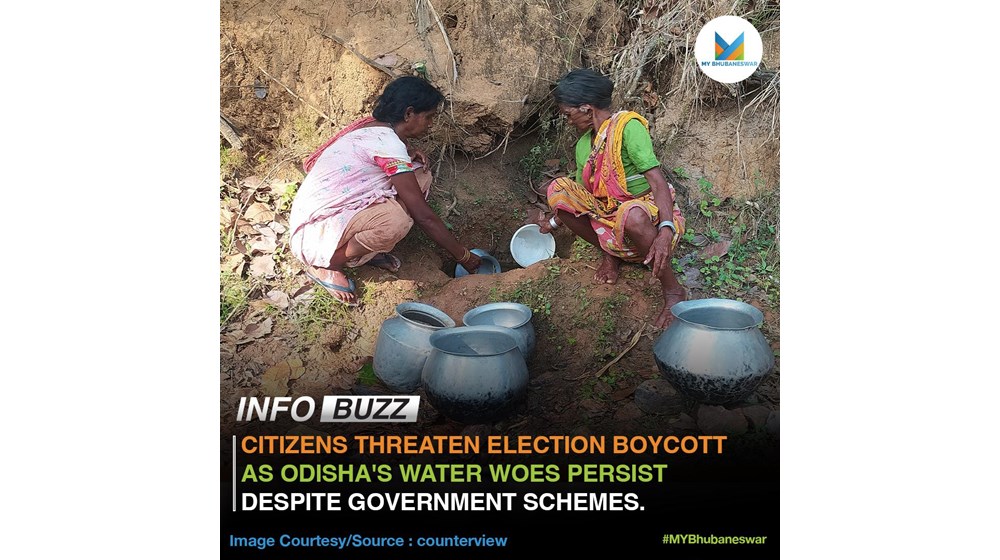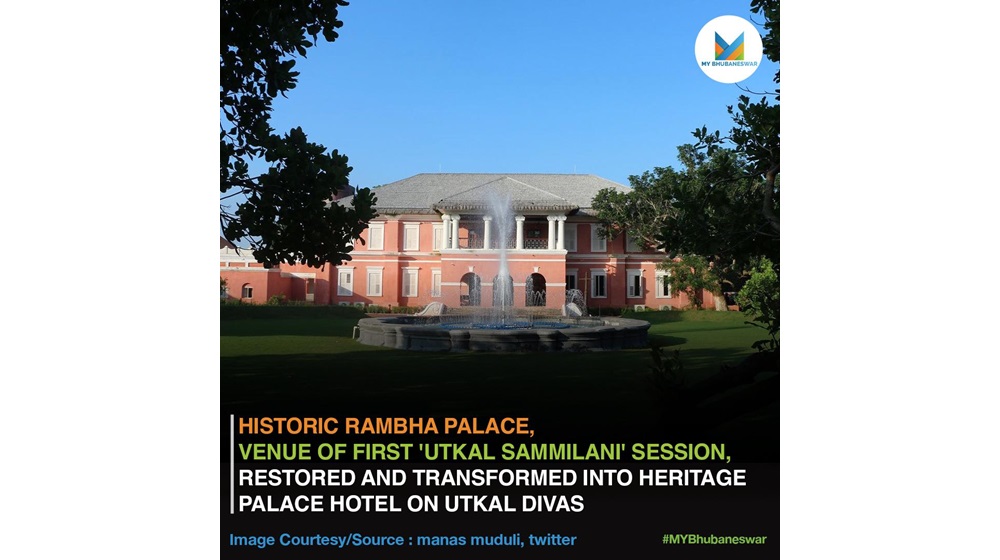RECENTLY MANY POLITICAL PARTIES HAVE PROMISED 1000 RUPEES FOR WOMEN IF THEY COME INTO POWER. BUT IS THIS THE LONG TERM SOLUTION? HOW DOES THIS EFFECT TAXPAYERS? DO WOMEN WANT THIS KIND OF EMPOWERMENT? A LOT OF QUESTIONS COME TO MIND. SHARE YOUR VIEWS.
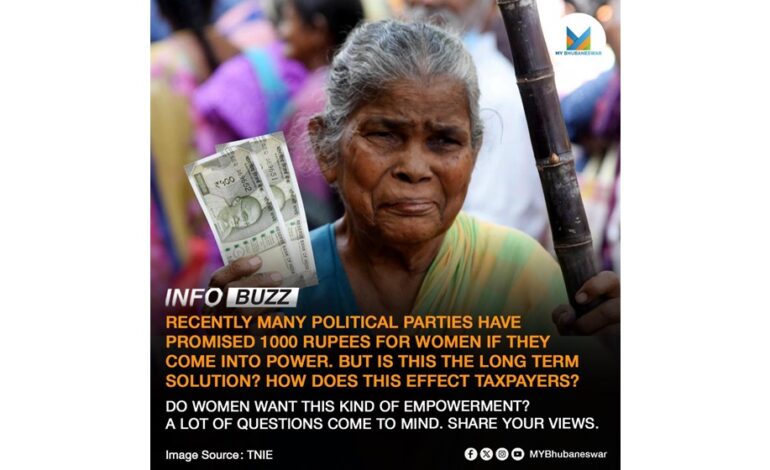
The issue of offering freebies in political campaigns has been a contentious topic, sparking debates among policymakers and citizens alike. While some argue that providing freebies can be a valuable tool for addressing immediate needs and garnering public support, others view it as a populist tactic that undermines fiscal responsibility and long-term economic stability.
Proponents of freebies argue that they can uplift marginalized communities, alleviate poverty, and improve living standards. By providing essentials such as food, healthcare, education, or financial assistance, governments aim to address pressing societal challenges and fulfill basic needs. Additionally, offering freebies can be politically advantageous, helping parties gain popularity and secure votes, especially among low-income groups.
However, critics caution against the potential drawbacks of freebies, highlighting concerns about their sustainability and impact on the economy. They argue that such measures may create dependency on government handouts, discourage self-reliance, and strain public finances. Moreover, funding freebies often requires diverting resources from essential infrastructure development and long-term welfare programs, risking economic stability and hindering overall progress.


